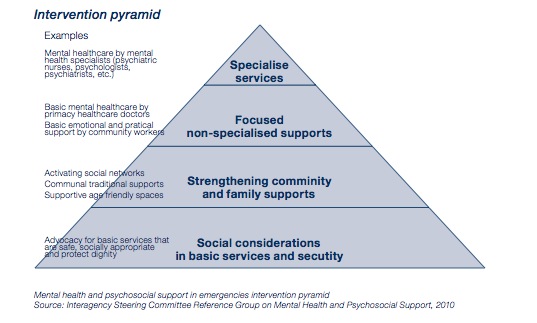Humanitarian Training Interventions
Introduction
The 21st century is seeing a flourishing of psychosocial interventions in the world. Boaz’s approach, based on bio-psychosocial principles, is a contribution to this existing movement.
The Inter-Agency Standing Committee (IASC), the Mental Health and Psychosocial Support guidelines by the World Health Organisation (MHPSS-WHO), the Sphere Project as well as the International Federation of the Red Cross and Red Crescent (IFRC) have developed comprehensive guidelines upon which these training interventions are based.
The biological dimension of the training informs participants of psychosomatic influences in diseases and well-being. Other expertise such as psychoanalysis, trauma resolution, psycho-spiritual practices and community development enable a diversity of approaches to best suit the local cultural framework.
Past and current collaborators in this field include:
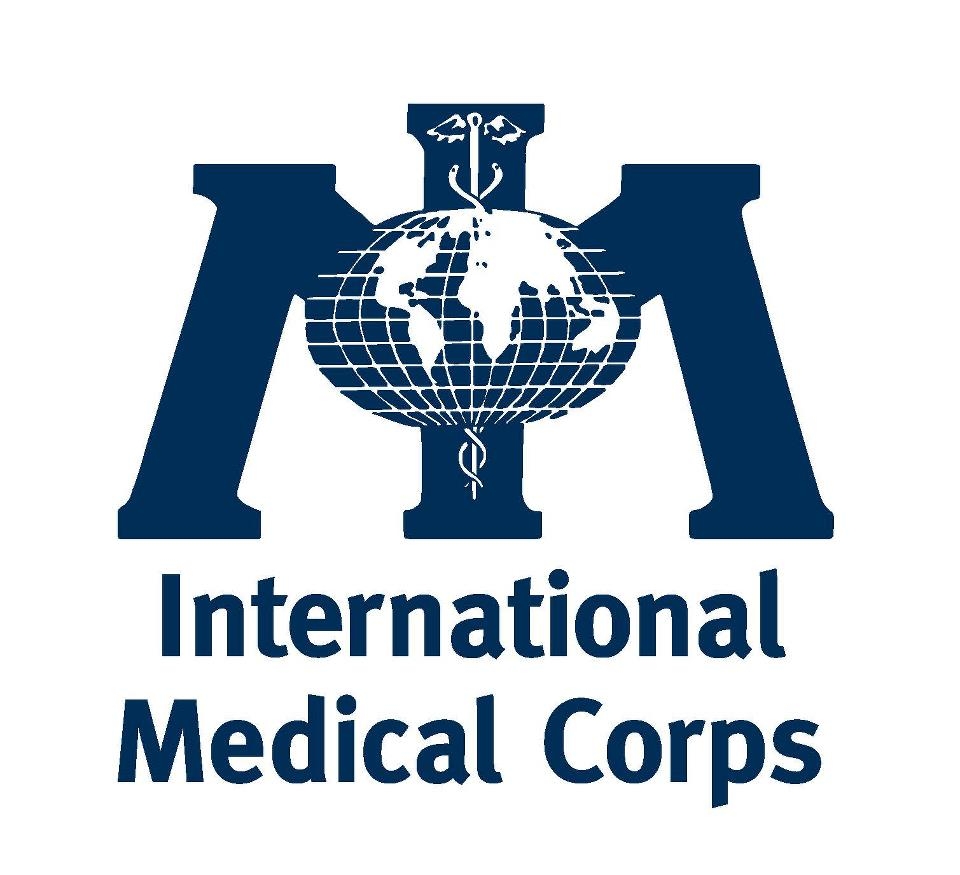 |
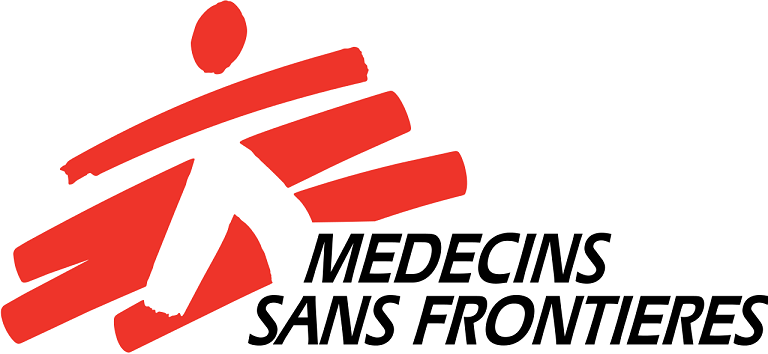 |
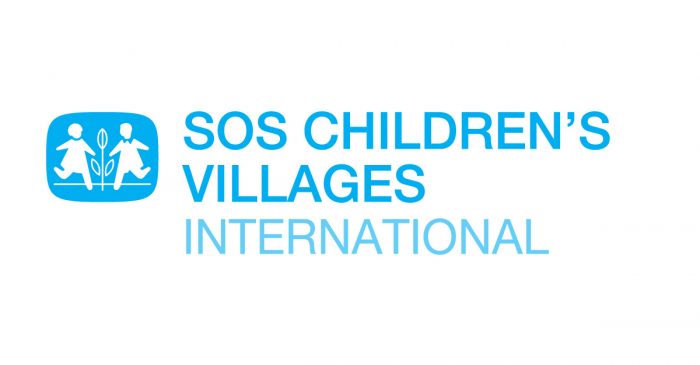 |
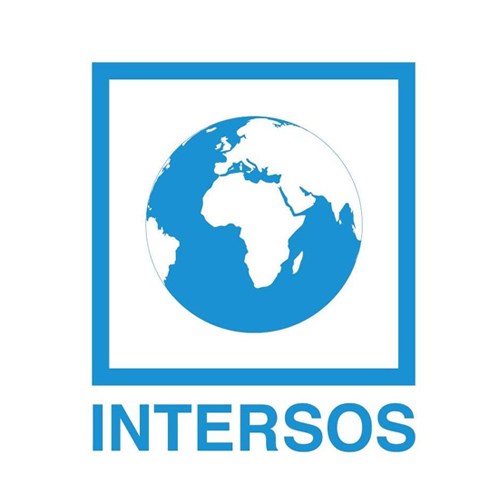 |
Training modalities
- Bio-Psychosocial Support – Training of Trainers – IASC Level I & II
For local and national staff: various backgrounds
- Lay/Professional Counselling – Training of Counsellors – IASC Level III & IV
For local & national staff: strong background and experience in a health profession
- Mindfulness-Based Counselling – Training of Trainers – IASC Level III & IV
For psychiatrists, psychologists, psychiatric nurses
- Staff Burnout Prevention & Resilience – Training for Professional Helpers
For psychiatrists, psychologists, social workers, occupational therapists, MD’s, psychiatric nurses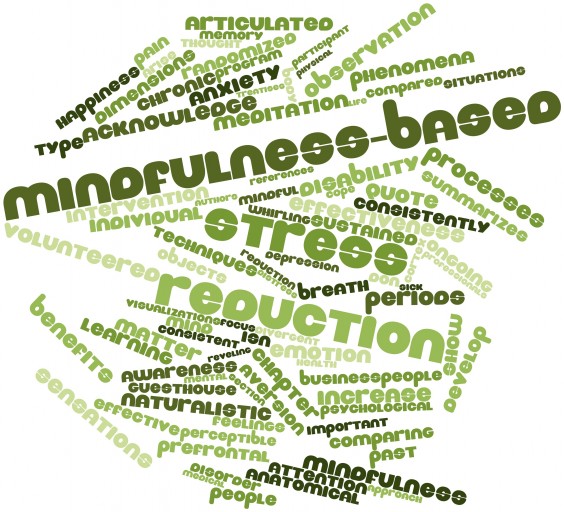
Mindfulness Based Stress Reduction (MBSR) is a powerful, clinically proven method to support physical and mental health.
Specializations include:
- Emergency Psychological Stress Relief Responses
- Gender-Based Violence (prevention and response)
- Child Protection (with holistic considerations, inclusive of parents, caretakers and educators)
- Integrated Bio-Psychosocial Support Focus (for WASH, health care & livelihood programs)
Methodology
Humanitarian training interventions follow a rigorous methodology which can be summarized by the following principles:
- Community-Based
- Focus on Experiential Learning
- Sustainability
Community-Based
Trainee participation in all stages of the training process is highly encouraged. The co-creation of training materials and discussions enables participants to feel more confident and secure in sharing personal experiences. In this way, participants can deepen their understanding of the training approach and implement it more effectively.
The development of resilience is done through a bottom-up approach of identifying the resources and positive coping mechanisms of the trainees and building upon these. Last, the formation of groups and subgroups in the training helps build a peer-supported environment. Social coherence and harmony actualized within the training itself are a key foundation for bio-psychosocial health practices.
“The beneficiaries know best what they need for their healing process.”
Experiential Focus
The trainings promote the development of resilience in trainees by experiencing for themselves the benefits of the practices which they bring to the beneficiaries. The trainees’ experiential processes are given more importance than the accomplishment of specific objectives. In this way, each step of the trainees’ learning process is valued, respecting their difficulties and pace of learning.
Sustainability
Long-term perspectives are considered in various ways. First, the participative and community-based approach encourages participants to bring in their existing resources and import personal meaning to training materials. Secondly, since burnout and compassion fatigue occur often in the helping professions, the training brings as emphasis on self-care of carers: participants learn to regulate their own stress reactions and difficulties. A third measure is to implement the training in phases – training done at regular intervals over extended periods of time, including regular group supervision and individual coaching.
“Addressing the underlying determinants of health through intersectoral efforts is key to ensuring sustained health improvements
and ecologically sustainable development.”World Health Organisation – Geneva, Switzerland
Preliminary Assessments
Before any intervention is implemented, a series of research and analysis of local conditions is conducted. Culturally-specific bio-psychosocial stressors and coping mechanisms are determined, and the training materials are tailored accordingly. Concepts are thus meaningful and appropriate for the trainees. Moreover, often there are existing programs and technical expertise available on site.
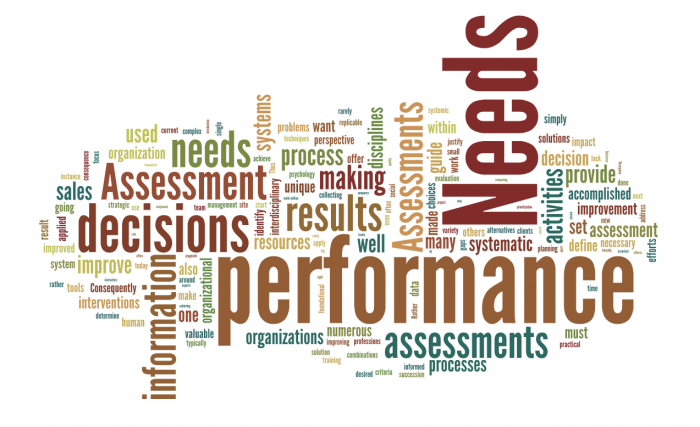
As a central component of the training methodology, participants are encouraged to build upon their own knowledge and wisdom, making the impact of the training more long-lasting.
In summary, preliminary assessments for each training are composed of:
- Pre-intervention research of history and nature of problems, local perceptions of distress and illness, coping mechanisms, setting, culture, community resources;
- Pre-intervention analysis of existing expertise and programs;
- Adaptations of training materials tailored to cultural considerations.
Monitoring & Evaluation
The training quality and effectiveness is monitored and supervised with adequate systems to meet programme requirements. To do this, specific quality indicators for each program are tailored. Each project is thoroughly assessed in three possible ways:
- Internal monitoring of the local/national organisation;
- External monitoring via a professional monitoring unit;
- External monitoring via clinical research methods (in collaboration with the University of Yale).
Currently Ongoing Child Protection ToT Intervention
Ukraine, Romania and Moldova: 2.5-year Mindfulness self-care ToT for social workers and teachers with Caritas Austria

Vision of the program: Ultimately, we want children to grow up to become happy, fulfilled adults who achieve their full potential in life. We want them to have the courage to strive for their dreams, and if they come up short, the resilience to try again.
Three Pathways to Success: Program participants grow and develop along 3 pathways:
- Grow & Achieve: children Grow&Achieve in a stimulating environment that takes into consideration their individual needs and potential, and allows for a space to express dreams, needs, opinions;
- Love & Support: children need a supportive environment where parents, caregivers and teachers have the ability to Love&Support while improving their skills to interact with children in an encouraging and positive way helping them to develop stable emotional relationships
- Impact & Sustain: organizations participating in the program and implementing children-targeted projects increase their capacity to Impact&Sustain, and to achieve long-term impacts through sustainable interventions.

Building a Strong Foundation: The three pathways want to establish an environment devoted to children’s healthy development that begins in their families and extends to care givers, teachers, adults in the community and peers. Existing interventions by national organizations show positive results but they are limited in their possibility to achieve the long-term sustainable goal of full-personal development of children. Children who are at risk of the poorest outcomes in learning, health and behaviour, are children who experience a cumulative burden of risk factors: poverty, neglect, violence, abuse, drug-abuse, etc. This burden is more than what any child can take and overcome alone. Thus, focusing on children solely gives only partial outcomes. The organizations involved in the CEE program asked themselves “What could we be doing to strengthen the capacity of everyone who interacts with children?” Skill-building is at the heart of it and shall target children, parents, caregivers, teachers as well as the national organizations that provide services for children.

For Caritas, the intervention aims at complementing the work that Caritas Vienna will be doing in the sphere of Child protection as well as introduction of innovative methodology on Education like the Self Organized Learning Environments that will be launched by the University of Newcastle. Caritas intends to work towards creating conducive environments in schools and in daycare centers where children can grow and fulfil their potential. In order to do this, it is believed that improving the adult capabilities to care for and support children is key, thus including teachers and social workers as beneficiaries of training programs is one of the main activities that will lead to improvement of environment for children.
Training Objectives:
- Reduce the risk bio-psychosocial distress, compassion fatigue and burnout through the re-establishment of self-care and peer-group activities.
- Methodology engineering and onsite training, distance-based peer leader supervision.
- Local adaptation and systematic updating of training materials for increased relevance and impact.
- Elaboration and coordination of quantitative and qualitative monitoring and evaluations.
- Community-based formation of peer-led learning teams related to IASC intervention pyramid levels 1+2 skills:
